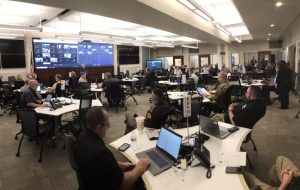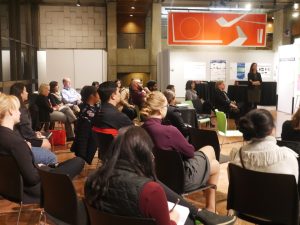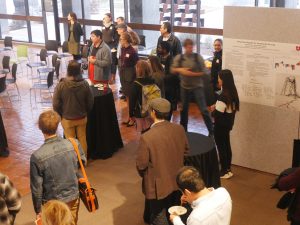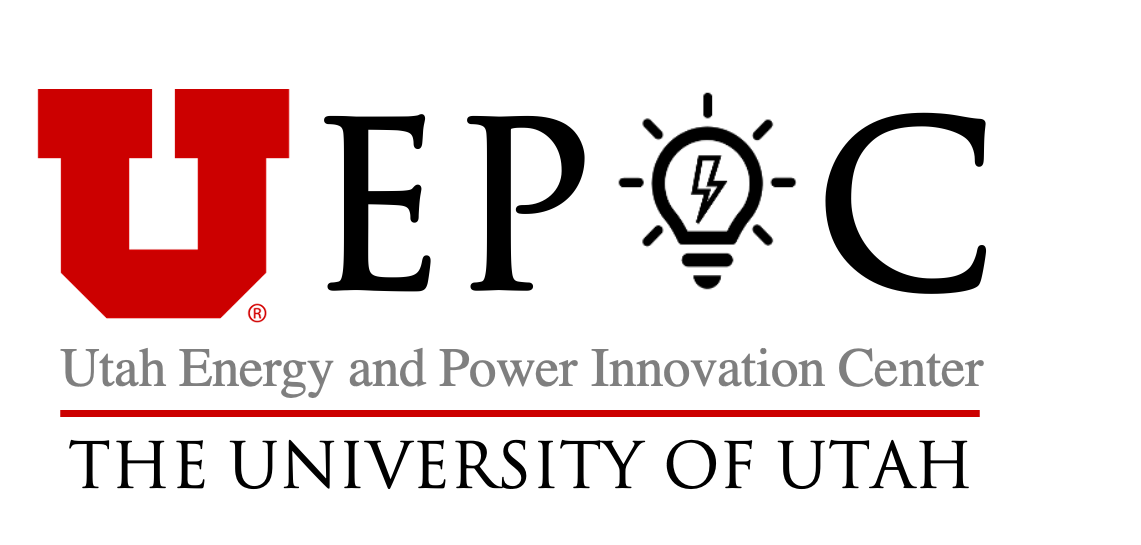Integrated Artificial Intelligence Tools for Equitable Disaster Response Planning
This planning study uses a bottom-up, deep community engagement approach to lay foundations for the invention of an AI-based, virtual, and multi-hazard disaster response training tool that:
- Integrates scientific knowledge from multiple disciplines, and

- Corrects for bias and inequity concerning its use within socioeconomically vulnerable communities.
The study is funded through the National Science Foundation Smart & Connected Communities Program (Award # 2125196) and is a collaboration between urban planning, engineering, public health, atmospheric science, and computer science experts at the University of Utah as well as a local nonprofit organization, Envision Utah.
Image credit: Utah Division of Emergency Management
Utah Disaster Resilience Symposium Series


This annual Symposium Series is intended to build disaster planning capacity within Utah and the Intermountain West through knowledge improvement and networking. The Symposium typically involves a keynote lecture by national and internationally known disaster experts, a poster session highlighting the latest scientific advancements in a variety of disciplines, and a professional networking event and reception. The Symposium attracts attendees from a variety of academics and professionals from public, private and nonprofit stakeholders from the region, including emergency management, utilities, public works, engineering, geological sciences, community development, architecture, and urban planning.
The Utah Disaster Resilience Symposium Series is hosted with support from U-EPIC. The event is sponsored by Reaveley Engineers and the Global Change and Sustainability Center at the University of Utah.
